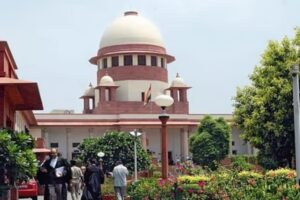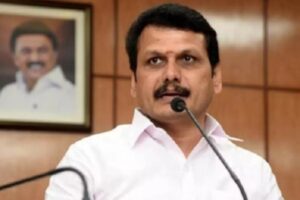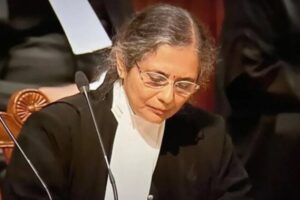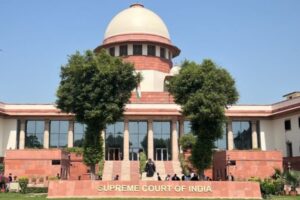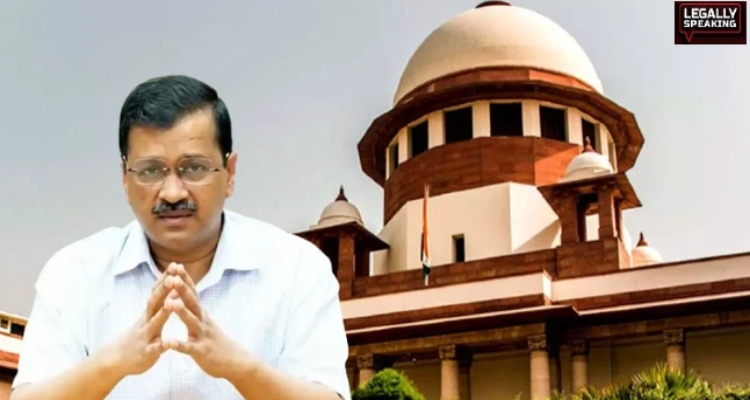
The Supreme Court asked Delhi Chief Minister Arvind Kejriwal on Monday, who has challenged a Delhi High Court decision upholding the summons issued to him as an accused in a criminal defamation case, whether he intended to issue an apology to the complainant in the case.
On February 26, Kejriwal informed the apex court that he had made an error by retweeting an allegedly defamatory video circulated by YouTuber Dhruv Rathee related to the BJP IT Cell.
During the hearing, a bench of justices Sanjiv Khanna and Dipankar Datta was informed by the counsel representing complainant Vikas Sankrityayan that Kejriwal might issue an apology on public platforms like the microblogging platform ‘X’ or Instagram.
“You tell us what you want. We can put it to the other side. We are not going to step into your shoes or the other side’s shoes,” the bench informed the counsel. The bench stated that the complainant could provide the format of the apology to Kejriwal.
“So, if you want to give an apology, you can circulate it without prejudice to your rights and contentions. Let him examine,” the bench told senior advocate Abhishek Singhvi, who represented Kejriwal. “Otherwise we will examine the legal issue whether merely re-tweeting is criminal offence or not… We may agree with you, we may agree with the other side. We will examine that,” the bench added.
When one of the lawyers requested time to take instructions, the bench responded, “Show him the apology. If he agrees to it, then it is fine”.
While scheduling the matter for hearing in the week commencing May 13, the bench stated that its previous order instructing the trial court not to proceed with the defamation case until March 11 would remain in effect until the next hearing date.
On February 26, the apex court, without issuing notice on Kejriwal’s plea challenging the high court order, had inquired whether the complainant wished to close the matter given that the petitioner admitted it was a mistake. Singhvi had argued that it was a case of retweeting on the social media platform ‘X’, and the complaint filed was followed immediately by the recording of pre-summoning evidence.
“Thereafter, the complaint was withdrawn. When it was refiled, after nine months of the retweeting, it was suppressed that the original complaint was withdrawn,” the senior lawyer had stated.
In its February 5 verdict, the high court had stated that reposting alleged libellous content would fall under the defamation law. It emphasized the importance of responsibility when retweeting content about which one lacks knowledge and added that retweeting defamatory content could result in penal, civil, and tort action if the person retweeting it does not include a disclaimer.
The high court, while declining to dismiss the trial court’s 2019 order summoning Kejriwal, had stated that when a public figure tweets a defamatory post, the consequences extend far beyond a mere whisper in someone’s ear. It had noted that allowing the misuse of retweeting or reposting as it is still considered a gray area of the law would encourage individuals with malicious intentions to misuse it and conveniently claim they merely retweeted content. The chief minister had argued in the high court that the trial court failed to recognize that his tweet was not intended or likely to harm the complainant. Sankrityayan alleged that the YouTube video titled ‘BJP IT Cell Part II’ was circulated by Rathee, who resides in Germany, “wherein a number of false and defamatory allegations were made”.

